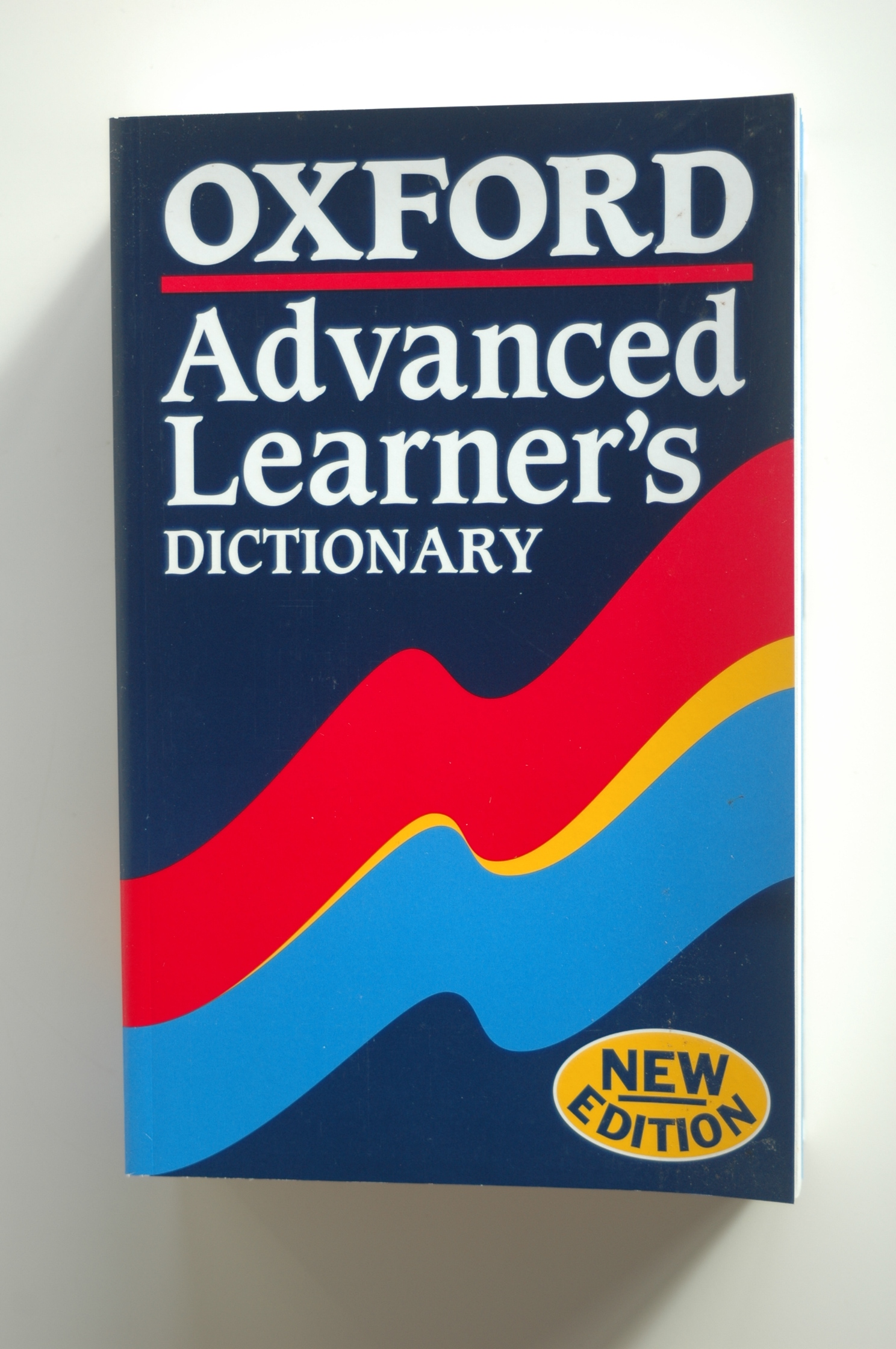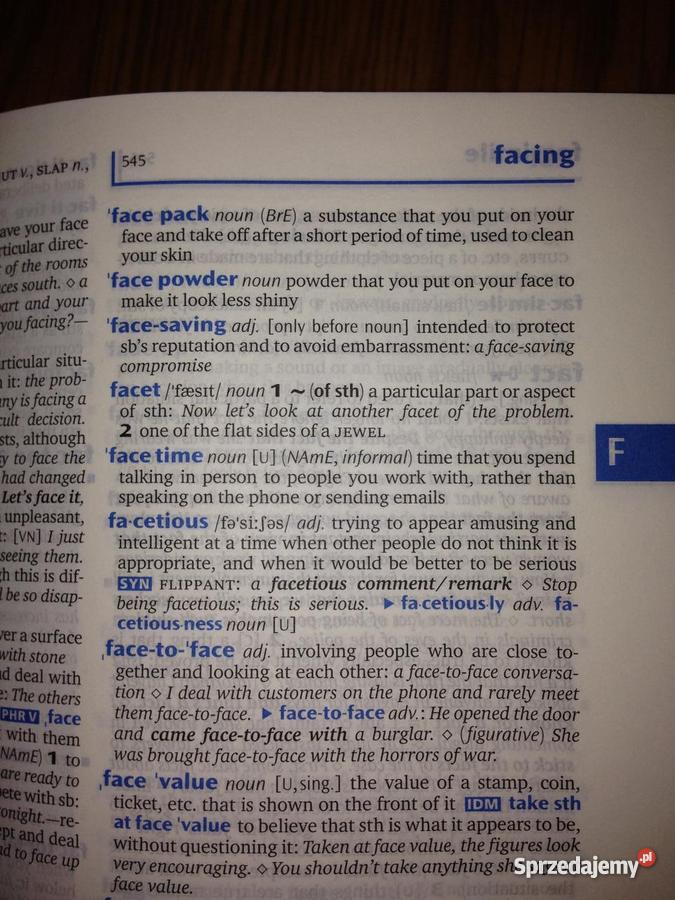
They can also be classified by whether the problem is present in all directions a person looks (comitant) or varies by direction (incomitant). Types include esotropia, where the eyes are crossed ("cross eyed") exotropia, where the eyes diverge ("lazy eyed" or "wall eyed") and hypertropia or hypotropia where they are vertically misaligned. Risk factors include premature birth, cerebral palsy and a family history of the condition. Strabismus can occur due to muscle dysfunction, farsightedness, problems in the brain, trauma or infections. If onset is during adulthood, it is more likely to result in double vision. If present during a large part of childhood, it may result in amblyopia, or lazy eyes, and loss of depth perception. The condition may be present occasionally or constantly. The eye that is focused on an object can alternate. Strabismus is a vision disorder in which the eyes do not properly align with each other when looking at an object.

Observing light reflected from the pupil Ĭranial nerve disease, convergence insufficiency Premature birth, cerebral palsy, family history Muscle dysfunction, farsightedness, problems in the brain, trauma, infections Antimoon.Esotropia (eyes crossed) exotropia (eyes diverge) hypertropia (eyes vertically misaligned) "Comparative review of dictionaries for English learners". "Learner's Dictionaries: History and Development Current Issues". "The evolution of learners' dictionaries and Merriam-Webster's Advanced Learner's English Dictionary" (PDF). Visitors can register for free, adaptive tutoring, which seamlessly integrates with the dictionary. The Open Dictionary of English is specifically designed to serve as a learner's dictionary. Online dictionary resources provide attractive support to advanced learners. So there are four popular learner's dictionaries for British English that are available in print ( Merriam-Webster's aims for American English). Macmillan recently announced that the dictionary would no longer be available in print. Merriam-Webster's Advanced Learner's English Dictionary, first published in 2008.Macmillan English Dictionary for Advanced Learners, first published in 2002.Cambridge International Dictionary of English, first published in 1995 and now published as Cambridge Advanced Learner's Dictionary.Collins Cobuild English Dictionary, first published in 1987 and now published as Collins COBUILD Advanced Learner’s Dictionary.Longman Dictionary of Contemporary English, first published in 1978.Oxford Advanced Learner's Dictionary, first published in 1948.The best-known advanced learner's dictionaries are: Basic learner's dictionaries also exist.Īlthough these advanced dictionaries have been produced for learners of several languages (including Chinese, Dutch, German, and Spanish), the majority are written for learners of English.

"Advanced" usually refers learners with a proficiency level of B2 or above according to the Common European Framework. Its definitions are usually built on a restricted defining vocabulary.

It differs from a bilingual or translation dictionary, a standard dictionary written for native speakers, or a children's dictionary. The advanced learner's dictionary is the most common type of monolingual learner's dictionary, that is, a dictionary written in one language only, for someone who is learning a foreign language. Special edition in two volumes (USSR, 1982). The Oxford Advanced Learner's Dictionary of Current English.


 0 kommentar(er)
0 kommentar(er)
